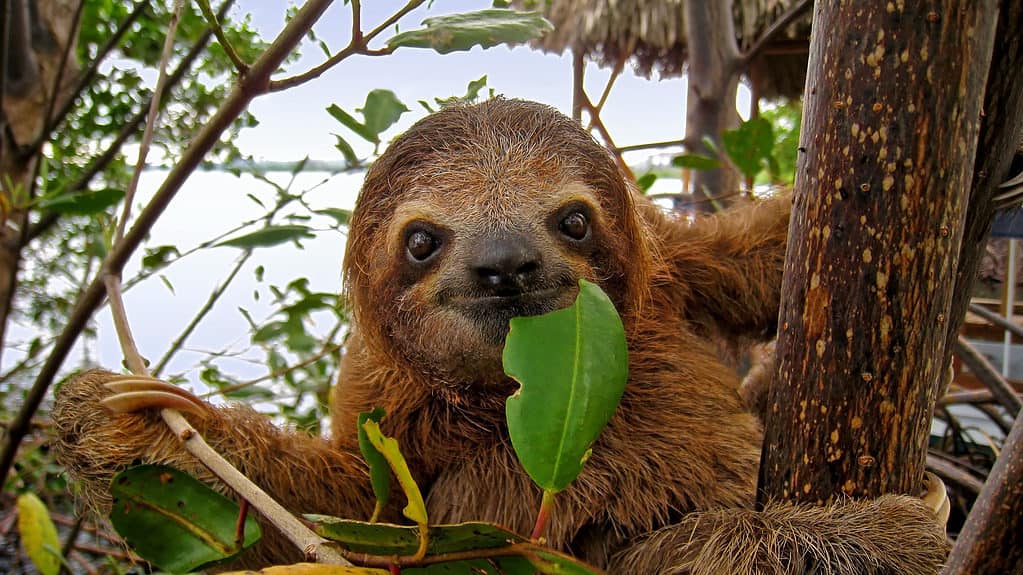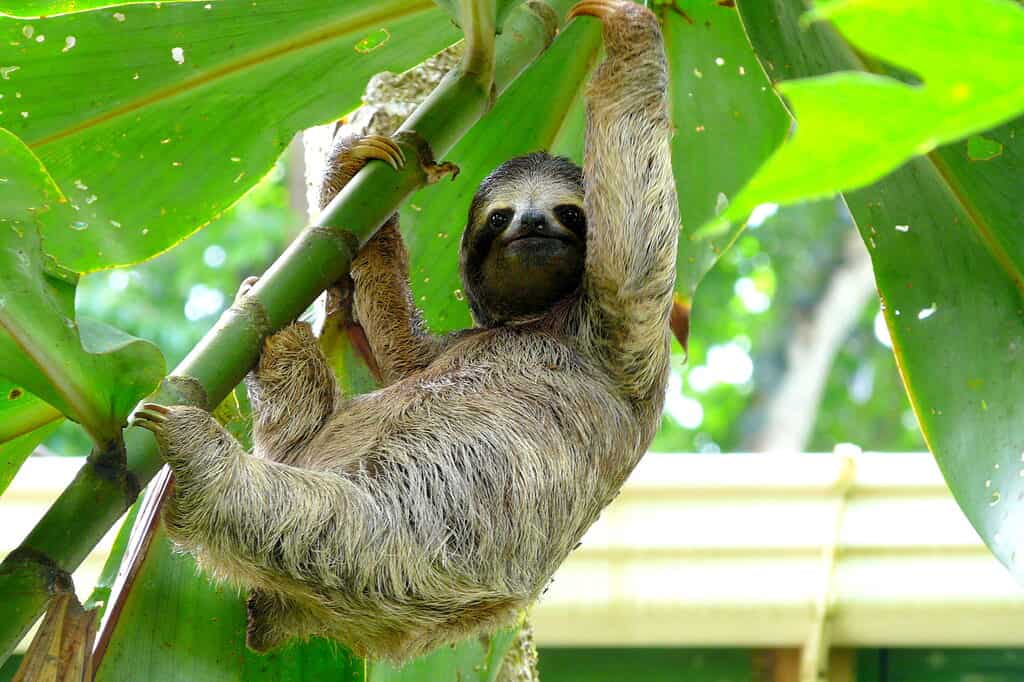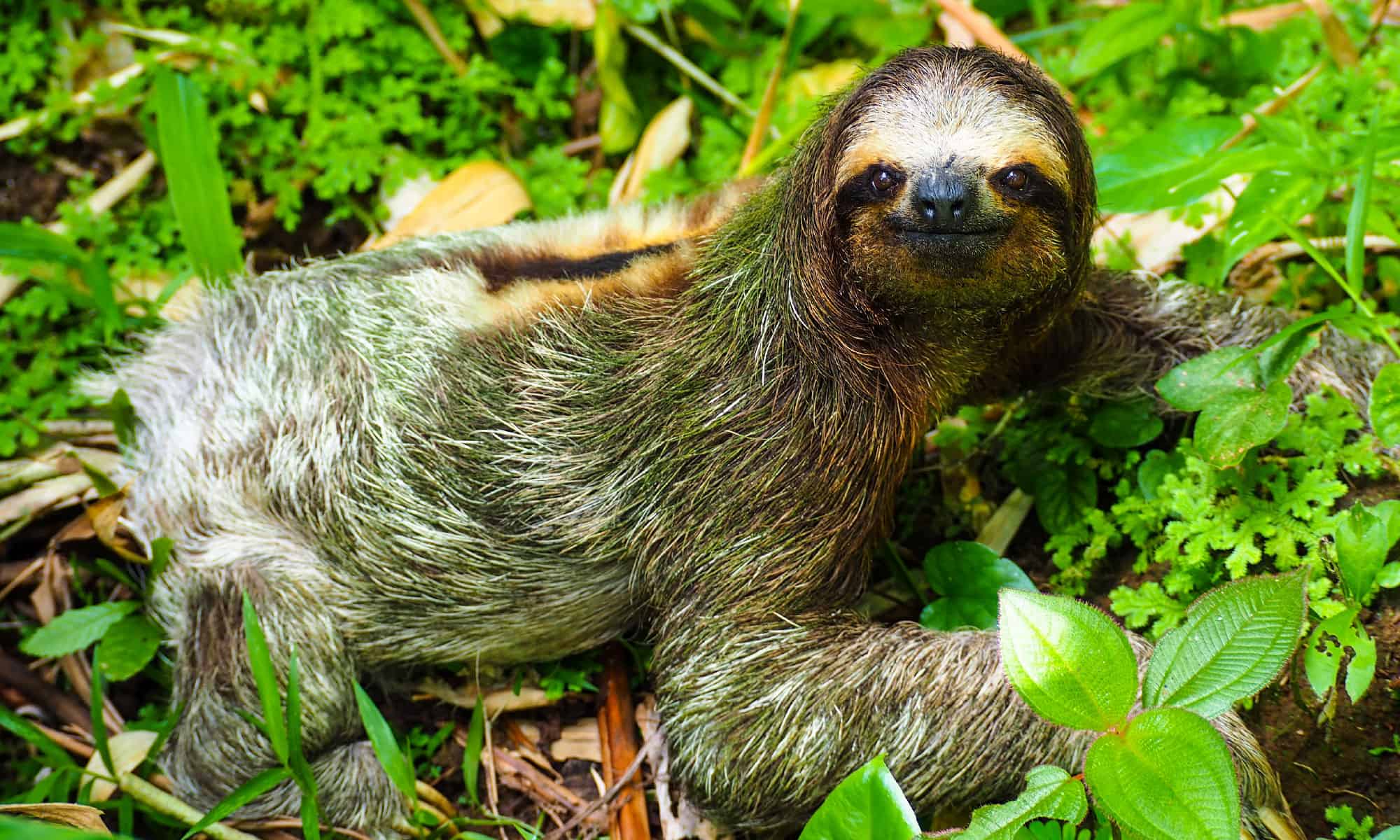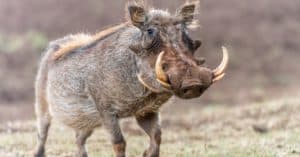Deep in the jungles of Central and South America, the mighty sloth slowly ambles its way across the canopy. And it turns out if you’re interested, it could amble across your living room as well.
Owning a sloth as a pet is quite legal in many states in the United States. However, this form of exotic pet ownership is complex and comes with high levels of responsibility. There’s much maintenance involved in keeping these delicate creatures happy. If that doesn’t deter you, check out this overview of some of the relevant information that can help you in your quest for sloth companionship.
How Much Does a Sloth Cost?
The first thing you should know about sloth ownership is that it’s not a walk in the park. The second is that you must be dedicated to going the full distance. This is partially because these exotic animals come with a high price tag if you intend to purchase one.
The typical sloth for purchase cost will run you between $2,000-5,000. Many of the contributing factors to the purchase cost include the animal’s age, health, and subspecies. This also doesn’t take into account the significant costs that are incurred in relation to the sloth’s food, habitat, and veterinary care.
There are two different subspecies of sloths: two-toed sloths and three-toed sloths. There are a couple of subspecies under that umbrella as well. In general, a two-toed sloth is more expensive than a three-toed sloth.

Sloths almost exclusively consume leaves when in the wild.
©Damsea/Shutterstock.com
Where Is It Legal to Own a Sloth?
The current states where it is legal to own a sloth are Alabama, Florida, Indiana, Iowa, Kansas, Michigan, Minnesota, Mississippi, New York, Nevada, North Carolina, Oregon, South Dakota, and Texas. There are also other US states where you might be able to own a sloth, but it isn’t explicitly stated. In situations like these, you can possibly contact local officials. This can help you determine whether or not sloth ownership is legal in your area.
What Does a Sloth Eat?
Both sub-species of sloths follow a highly specialized diet. It’s very important that one abides by feeding them the kind of food that will keep them healthy.
In the wild, they consume almost exclusively leaves, meaning that this animal is a folivore. In tandem with everything else that they do, sloths consume food very slowly. It can take a sloth up to 30 days to digest a single leaf.
The diet of a sloth in captivity adds to the complication of keeping these animals as pets. Sloths in captivity are normally not as healthy as wild sloths. In captivity, a sloth is often fed a mix of fruits and vegetables. The leaves that they consume in the rainforest are difficult to come by.
However, this diet of fruit and veggies usually contains too much sugar and glucose for a sloth to be healthy. This often leads to a complex of health issues for these creatures, including diabetes and heart disease. This is one of the reasons that sloths usually don’t live as long in captivity.

A sloth’s digestive system works very slowly.
©Nacho Such/Shutterstock.com
Other Elements of Sloth Ownership
One very important thing to recognize if you desire to own a sloth is that these fragile animals require a lot of maintenance. It takes a lot of work to keep them healthy and happy. In this way, it’s an important question of ethics to ask oneself whether or not it’s truly worth it to pursue. Things might not work out if you don’t have enough time to give to these animals.
A wild animal like a sloth usually has a harder time in captivity than it does in the wild. This is partially because it’s quite difficult to replicate the sloth’s natural environment in one’s home. Another important element to consider is that these animals can live to be up to 15-40 years old. This means that you need to be prepared to take on the responsibility of exotic animal ownership. This period could last for quite a long time.
Conclusion
Many people who decide to buy exotic pets end up tragically putting these animals down. They also often release them into ecosystems they are not a member of. This can have disastrous consequences for local wildlife. A good example is the current problem that Florida is having with invasive Burmese pythons in the Everglades.
All in all, sloth ownership has the potential to be quite fulfilling. For some, it could represent the adventure and companionship of a lifetime. However, one must be sure that they’re ready to take on the extensive responsibilities of caring for this interesting and unique creature.
Thank you for reading! Have some feedback for us? Contact the AZ Animals editorial team.








